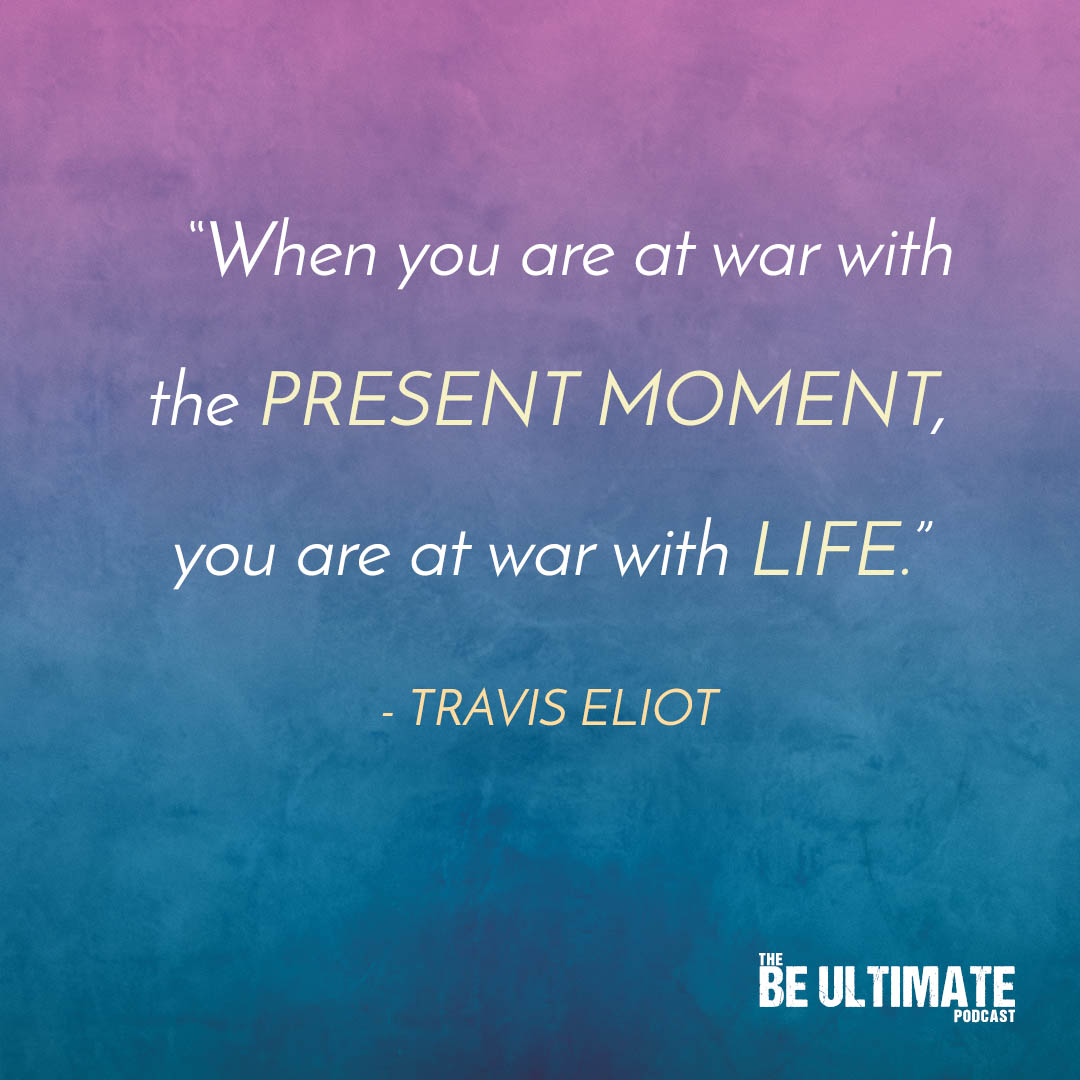In the sociopolitical landscape of modern America, the issue of racism persists as a formidable barrier to unity, equality, and progress. For those who seek a path rooted in spirituality, the teachings of the Baha’i Faith offer profound insights into the eradication of racial prejudice and the promotion of global harmony. How can one critically engage with these tenets to incite transformative change in society? This guide endeavors to explore the Baha’i principles pertinent to healing racism, while simultaneously posing the challenge: can individuals truly transcend deeply entrenched societal biases?
The Baha’i Faith, founded in the 19th century by Baha’u’llah, posits that humanity is one. This core principle serves as the bedrock for understanding racial equality. The Baha’i teachings assert that prejudice, whether on the basis of race, religion, or nationality, is a fundamental violation of the oneness of humanity. Thus, the first step in confronting racism is to acknowledge its pernicious nature and the illusions that it propagates. The teachings encourage adherents to actively examine their own attitudes and assumptions, recognizing that unconscious biases may linger even in well-intentioned minds.
To begin this transformative journey, it is imperative to cultivate an informed consciousness about the historical contexts of racism. Baha’is are encouraged to explore the narratives surrounding racial injustice, not only to educate themselves but also to inspire dialogue within their communities. Educational endeavors can involve reading literature that highlights the experiences of marginalized groups, engaging in discussions that challenge prevailing stereotypes, and attending workshops that promote understanding and cooperation among different races. This foundational knowledge equips individuals to combat prejudicial notions with informed compassion.
Integral to the Baha’i approach is the understanding that healing racism requires collective action. The Faith emphasizes the importance of unity in diversity—a principle that encourages individuals to celebrate differences while recognizing shared humanity. This communal aspect of the Baha’i teachings advocates for creating spaces where individuals from varied backgrounds can engage meaningfully. Through inter-racial events, discussions, and collaborative projects, the opportunity arises to manifest this unity practically, thereby dismantling the barriers of misunderstanding and mistrust that often separate communities.
Building upon the idea of collective action, the Baha’i teachings stress the significance of service to others as a vehicle for community upliftment. The concept of service transcends mere charity; it embodies an ethos of active participation in the betterment of society. Baha’is believe that engaging in service to combat racial inequalities fosters deep relationships that can transcend superficial divides. By participating in initiatives that address systemic injustices, individuals can embody the principles of justice and equity that are central to their faith. Will individuals embrace the discomfort that often accompanies these acts of service?
Moreover, the role of prayer and spiritual reflection cannot be understated. Baha’is cultivate a practice of prayer that reinforces their commitment to the values of love and kinship among all people. Through personal supplication, community prayers, and collective gatherings, individuals are afforded the opportunity to invoke divine guidance in addressing the complexities surrounding racism. Such spiritual practices bolster resilience, providing strength to confront societal biases with humility and grace.
Another essential aspect of the Baha’i approach to healing racism is the cultivation of new narratives that prioritize inclusivity. The Baha’i teachings encourage individuals to articulate counter-narratives that showcase the beauty of diversity and the strength in unity. By sharing stories that highlight inter-racial friendships, partnerships, and collaborations, individuals can inspire others to envision a world where differences are honored rather than feared. This reframing of the narrative challenges the dominant societal myths that perpetuate division and allows for the emergence of a more harmonious discourse.
Creating educational programs within communities that center on racial justice offers a potent method of instilling these values. Such programs can take many forms, including youth groups that focus on intercultural exchange, workshops that foster empathy and understanding, and community discussions that create safe spaces for open dialogue about racial issues. The Baha’i teachings advocate for empowering youth as change agents, recognizing their potential to lead future generations toward a more just world. How can we ensure that these programs not only exist but flourish and resonate deeply within communities?
Finally, the Baha’i principle of consultation serves as a powerful tool in addressing racism. Consultation emphasizes open dialogue, collective decision-making, and an attitude of respect for diverse opinions. In the context of racial healing, this process can facilitate discussions that probe into the roots of prejudice, fostering understanding among participants. By valuing each voice and promoting a culture of listening, Baha’is can effectively collaborate to formulate actionable strategies for combating racial injustice.
In conclusion, the Baha’i Faith provides a multidimensional framework for addressing and healing the wounds of racism in America. By committing to personal introspection, engaging in collective action, serving communities, and fostering inclusive narratives, individuals can take meaningful steps toward realizing the profound truth of the oneness of humanity. As one contemplates the complexities of racism and the challenge it presents, the Baha’i teachings advocate for an unwavering commitment to justice, love, and unity. Will we, as stewards of these principles, seize the opportunity to build a more equitable and harmonious world?
